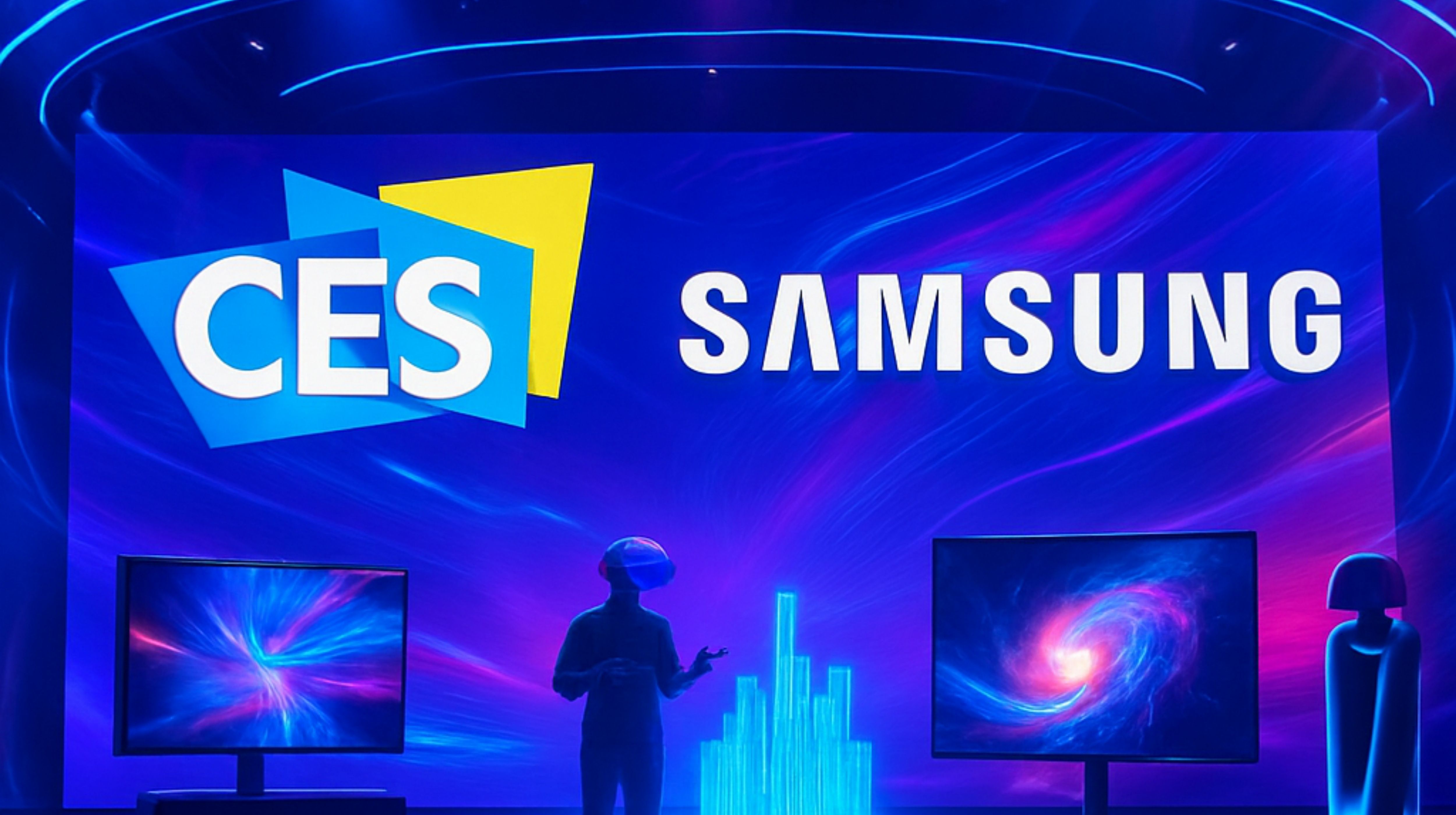Growing demand for AI assistants has pushed Amazon to open access to Alexa+ through a web browser for the first time.
Early-access users in the US and Canada can now sign in through Alexa.com, allowing interaction with the service without relying solely on Echo devices or the mobile app.
Amazon has positioned the move as part of a broader effort to keep pace with rivals such as OpenAI, Google and Anthropic in the generative AI space.
Alexa+ is designed to operate as an intelligent personal assistant instead of a simple voice tool. Users can manage travel bookings, restaurant reservations, home automation and weekly meal planning while maintaining personalised preferences and chat history across devices.
Prime subscribers will eventually receive the paid service at no extra charge, and Amazon says tens of millions already have access.
Amazon expects availability to expand over time as the company places greater emphasis on AI-driven consumer services. Web-based access marks an effort to ensure the assistant is reachable wherever users connect, rather than being tied only to Amazon hardware.
Would you like to learn more aboutAI, tech and digital diplomacy? If so, ask our Diplo chatbot!









